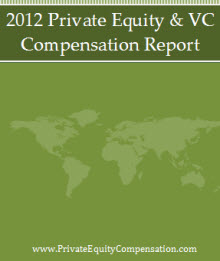A few months back we postulated that the anxiety investors are feeling over the declining exit activity and the softening returns with venture funds could ultimately lead to a dearth of medical advancements. With investors anxious for the “quick hit”, the appeal of a longer investment cycle with life science companies has vanished, even though these investments have consistently outperformed software companies in the last ten years. With the recent announcements that Big Pharma is now starting to buckle under shareholder pressure to cut R & D costs for developing new drugs, the fate of pharma startups is nearly sealed. Where does that leave the rest of us?
When Pfizer announced that it is now planning to cut its R & D spending by a third, Wall Street rewarded it with a 5 percent hike in its share price. Conversely, when Merck told the street that it wasn’t going to change its R & D budget, Wall Street walloped it with a 3 percent drop. With that, investors are sending a clear signal that short term profits are more important than saving lives. Wall Street and the company’s boards might argue that Big Pharma will make up for it by simply going out and buying their drug advancements from start ups, but there’s a problem with that.
Venture capital firms are already moving away from early-stage companies in favor of more mature companies that are further along in the development process. When they see that Wall Street has also lost its appetite for drug innovation, they’re likely to abandon life science startups altogether. So, eventually there won’t be any start-ups for Big Pharma to buy. The National Venture Capital Association has reported that more than 40% of its members will be reducing their exposure to pharma investments in the next few years.
The culprit in all of this appears to be the Food and Drug Administration which has bottlenecked many companies. The FDA has become more of mystery than a guide for companies, and investors are becoming more wary of the uncertainty in the process. As the length of time for FDA approvals expands, the more money venture capital firms have to invest to keep their companies going. Better to invest in a quick turnaround than wait on a cure for cancer. But then, it’s hard to blame them when they have to deal with a government bureaucracy that can’t get out of its own way. For better or worse, investors in a survival mode are invariably going to succumb to human nature and its proclivity for short term gratification over long term practicality. Humanity will just have to make do.


